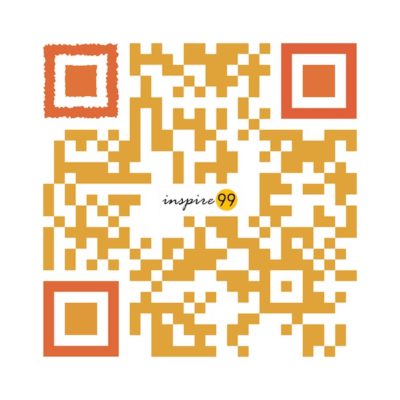I’m fascinated to read about this today. The headlines roared that wordle – the online puzzle game has been sold to New York Times for an undisclosed 7 figure number. (Source)
The news is startling from the sense of a common startup belief about the hockey curve and exponential growth. Normally new startups go through the phase of product development, achieving product-market fit etc. Commercial return is a huge part of initial funding.
Previous startup experiences only tell me that it takes about 5-10 years before a company is sold out. This too is being very optimistic considering the amount of effort involved in running/creating a startup.
Wordle – Does it debunk startup exit plans and timelines?
This is really the main question for me about wordle – how does it influence the startup models? Until now and probably even now I believe that startups have a gestation period and the usual hockey curve growth takes time. However, it might not apply the same way for viral software.
I’m comparing this business with other popular startups like Uber or Facebook which have taken multiple funding rounds and become the unicorns that many founders dream of. On the other hand, we have viral software that has challenged the proposition of gestation period before something becomes valuable.
Why do investors buy startups?
If we go back to the basics – investors buy startups based on the future potential of growth. Ultimately, it is the principle of money making more money. I’m not entirely sure I understand the value proposition of viral software. Most value-led software is focused on creating a solution to an existing problem.
I do appreciate that wordle solves a problem and has hooked the interest of millions worldwide. But if I cast my eye beyond and think – what is the future of this business? Why has an investor bought it? And mainly, what does the investor gain in the future by buying this business?
You can see why I am baffled and intrigued by this news. It is rather inspiring for many other startup founders. Or I may even be making an assumption about the time taken for Wordle to kick off. But maybe I am being a bit too naive in classifying wordle under the bracket of a startup.
I’m curious to understand what you think about this type of startup? Also is it sensible to classify this as a startup journey to influence our theories?

